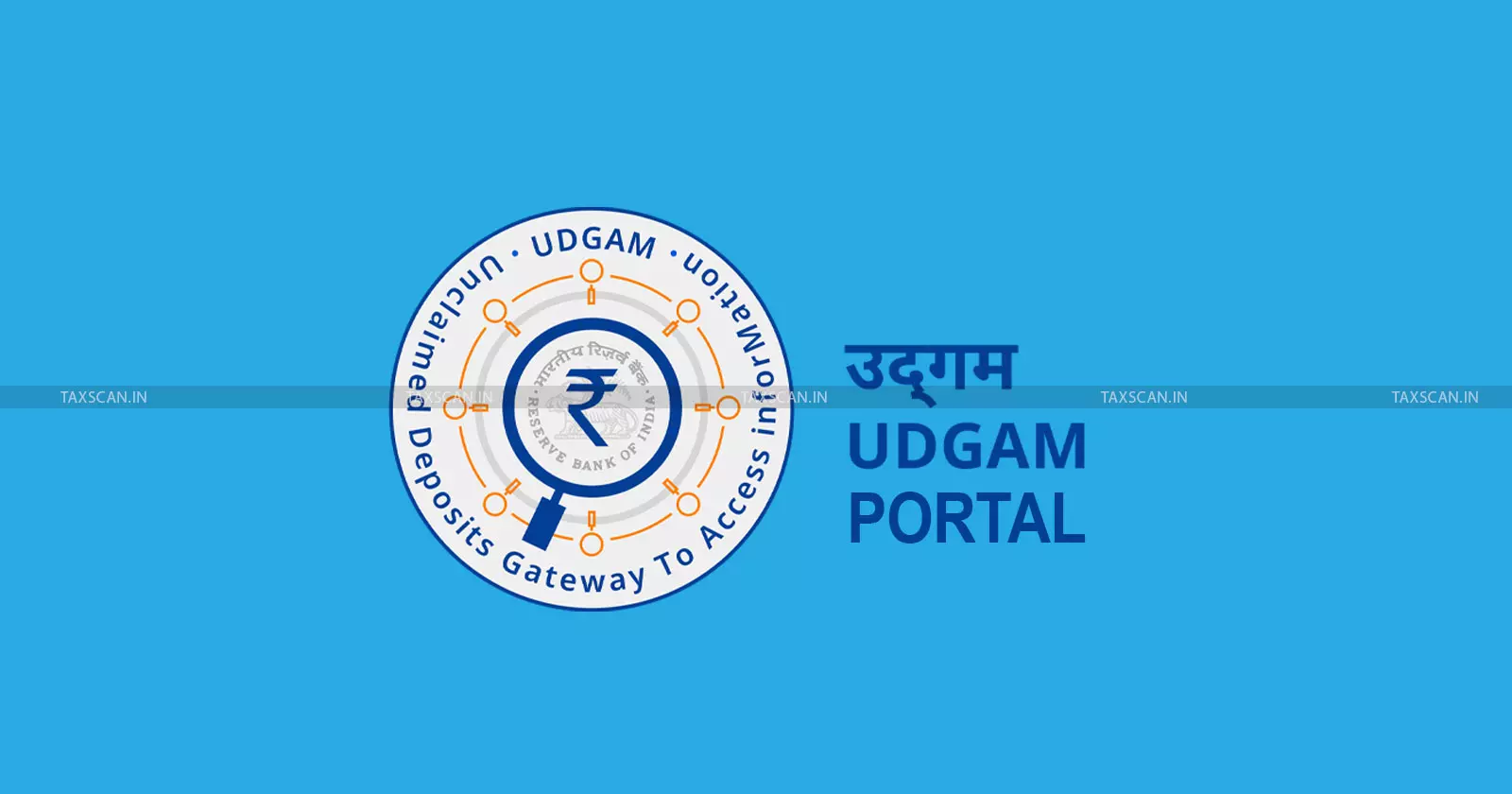Unclaimed Bank Deposits: MoS Finance replies on Effectiveness of Udgam Portal
DEA Scheme mandates that savings and current accounts inactive for ten years, as well as term deposits not claimed after maturity be used for promoting depositor education and safeguarding consumer interests.

In a detailed Lok Sabha reply to Dr. M K Vishnu Prasad’s unstarred question on unclaimed deposits, Minister of State for Finance Shri Pankaj Chaudhary outlined the Reserve Bank of India’s framework for identification, restitution, and utilisation of dormant funds through the Depositor Education and Awareness Fund (DEA) Scheme and the newly launched Udgam portal.
Know the complete aspects of tax implications of succession, Click here
Instituted in 2014, the DEA Scheme mandates that savings and current accounts inactive for ten years, as well as term deposits not claimed after maturity, be classified as unclaimed and transferred to an RBI‑managed fund dedicated to promoting depositor education and safeguarding consumer interests. The scheme also allows for utilisation of accumulated monies for inter‑alia promotion of depositor awareness and other purposes specified by the RBI.
Non‑Banking Financial Companies remain exempt from transferring unclaimed balances under this framework.
The annexure to the parliamentary reply reveals that as on June 30, 2025, public sector banks collectively transferred ₹58,330.26 crore in unclaimed deposits to the DEA Fund, with the State Bank of India holding the highest single share at ₹19,329.92 crore, followed by Canara Bank at ₹6,278.14 crore and Punjab National Bank at ₹6,910.67 crore. Private sector banks contributed an additional ₹8,673.72 crore, led by ICICI Bank’s ₹2,063.45 crore and HDFC Bank’s ₹1,609.56 crore to the total.
To facilitate the return of funds, the RBI has instructed banks to publicly display lists of accounts dormant for over a decade, locate account holders and legal heirs, implement grievance redressal mechanisms for timely complaint resolution and periodic reviews, and adopt board‑approved policies for classification of inoperative accounts. These measures are designed to ensure systematic detection and restitution of unclaimed monies.
As part of its outreach strategy, the RBI has undertaken extensive public awareness campaigns via print, radio and digital channels. In a bid to streamline discovery, it launched the centralised Udgam portal—Unclaimed Deposits: Gateway to Access Information—through which 8,59,683 users had registered and accessed unclaimed deposit data across multiple banks as on July 1, 2025. The portal’s centralised architecture aims to reduce customer effort by consolidating search functions in one place.
Step by Step Guide of Preparing Company Balance Sheet and Profit & Loss Account Click Here
While user registration metrics underscore growing engagement, the MoS did not furnish data on the actual volume of deposits reclaimed through Udgam, focusing the reply instead on portal accessibility and functionality.
Regarding fund utilisation, Shri Chaudhary noted that a committee constituted under the DEA Scheme administers the fund, deploying resources primarily for depositor education and other RBI‑specified purposes to enhance depositor protection .
Support our journalism by subscribing to Taxscan premium. Follow us on Telegram for quick updates


